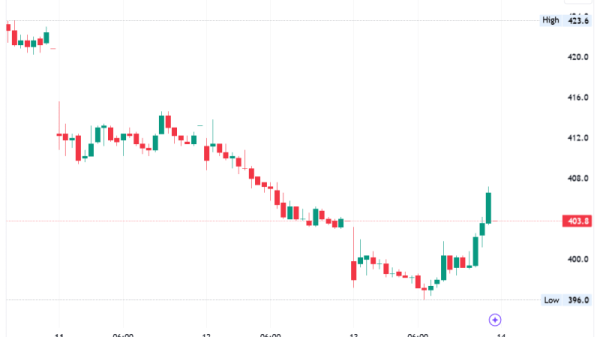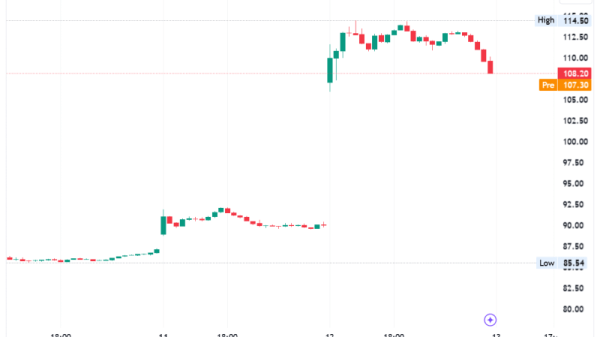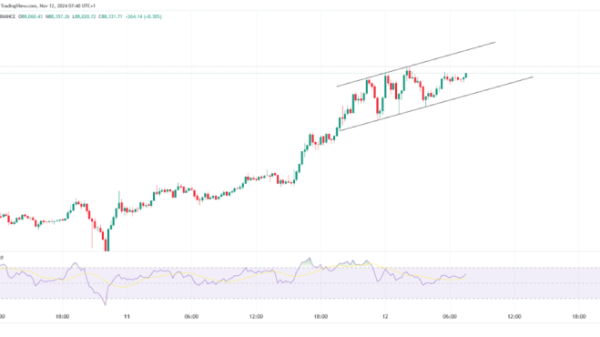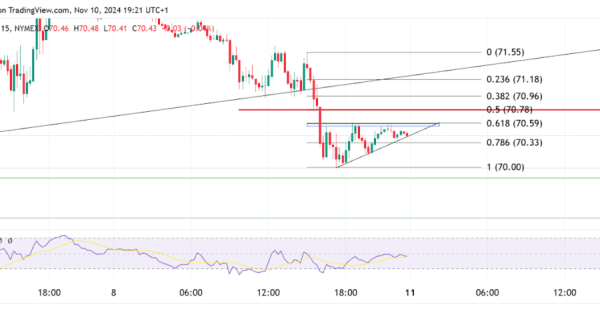By Jan Strupczewski
BRUSSELS (Reuters) – Cross border challenges are widening the gap between the output of Europeans and Americans, who have been moving ahead since the 1990s, a study by the International Monetary Fund showed.
The European Union’s GDP per capita measured with purchasing power parity is now around 72% of the United States, the IMF study said.
“Seventy percent of that gap is explained by lower productivity growth,” the head of the IMF’s European department Alfred Kammer said.
He said productivity in Europe grew more slowly than in the U.S. because even though the two markets were comparable in size, the European one was highly fragmented, with trade barriers between the EU’s 27 countries that did not exist in the U.S..
“Therefore firms are targeting national markets rather than the larger European market. They are not actually exploring the scale of having that large market available and scale matters,” Kammer said.
If trade barriers between EU countries were lowered to the level that existed between U.S. states, it would boost European productivity by seven percentage points, he said.
The second setback was the lack of a unified market for capital flows, which put EU companies at a disadvantage compared to U.S. firms in finding financing through equity issues, leaving them to rely on bank loans.
European tech companies often do not have the traditional physical collateral that banks require for a loan, as their main assets are intellectual property and ideas.
Such companies normally seek funding from risk-taking venture capital firms, but these are underdeveloped in Europe and, where they do exist, they focus on national markets to avoid navigating the complexity of cross-border regulation.
For the last 10 years the EU has been working on a Capital Markets Union to remove the various barriers to capital flows, a push that has intensified this year, but officials and diplomats are sceptical on how quickly progress can be made.
The third factor holding back EU productivity growth was that workers moving around the 27-nation bloc face much greater barriers than US workers moving from state to state, as well as a shortage of housing to buy or rent.
“The costs in Europe are eight times as high,” Kammer said.
Pointing to the need to improve the EU’s single market for goods and services, he said: “The good news is that … the solution for much of this is in policymakers own hands.”
EU leaders asked the European Commission last week to prepare proposals for mid-2025 on how to make the single EU market better.







































